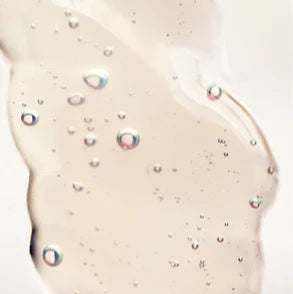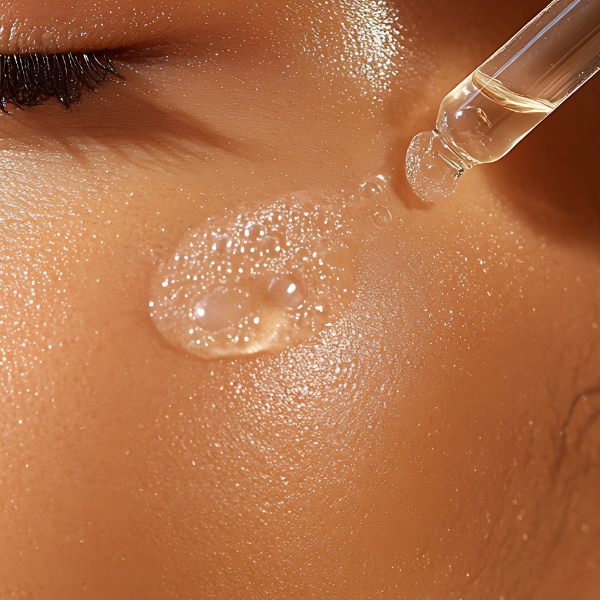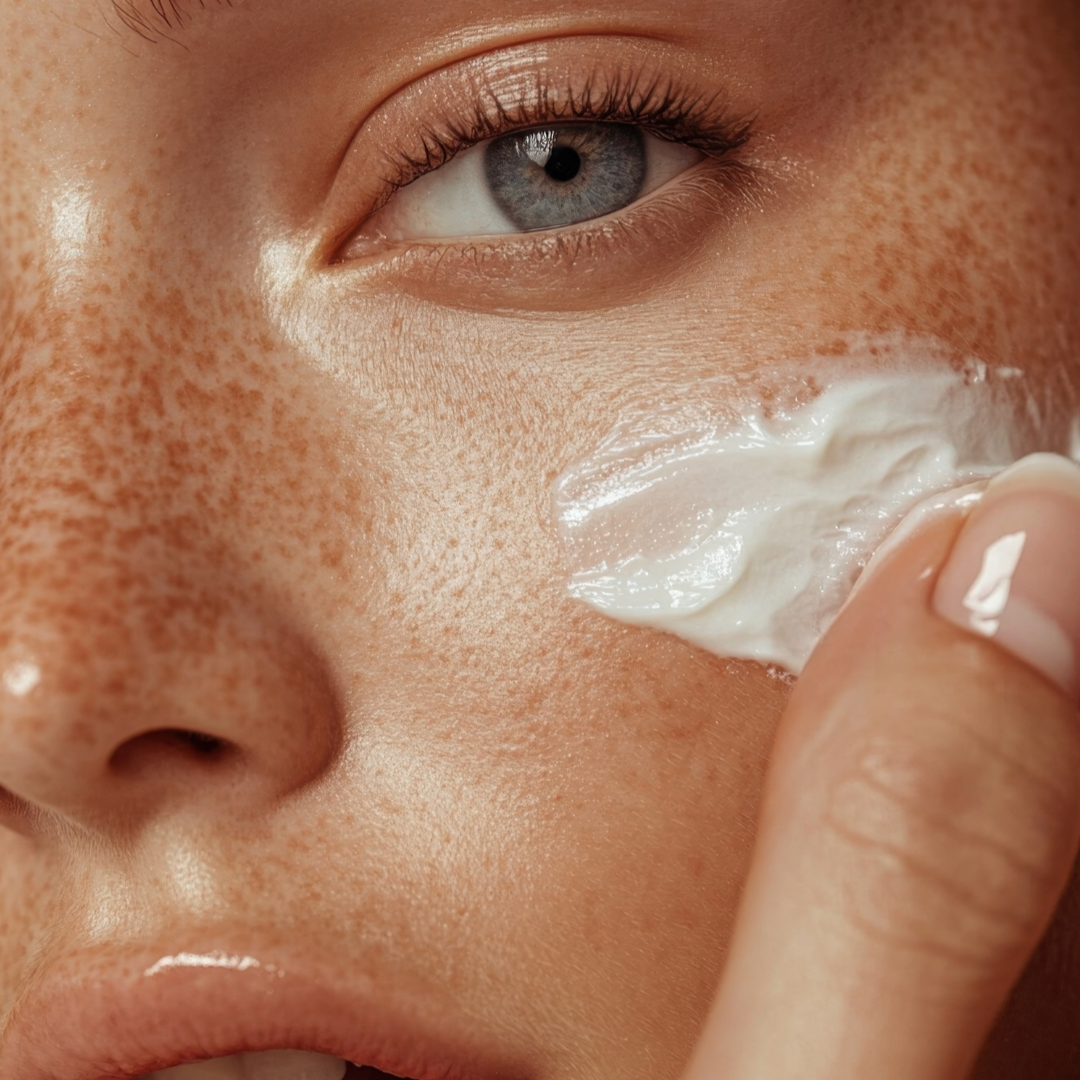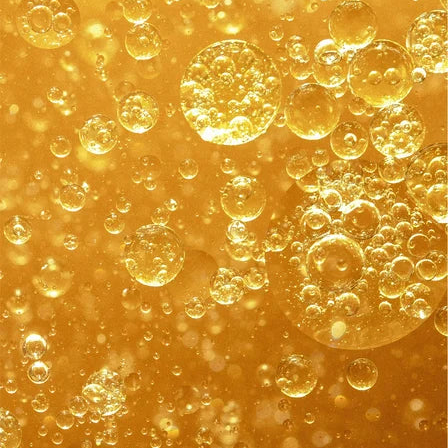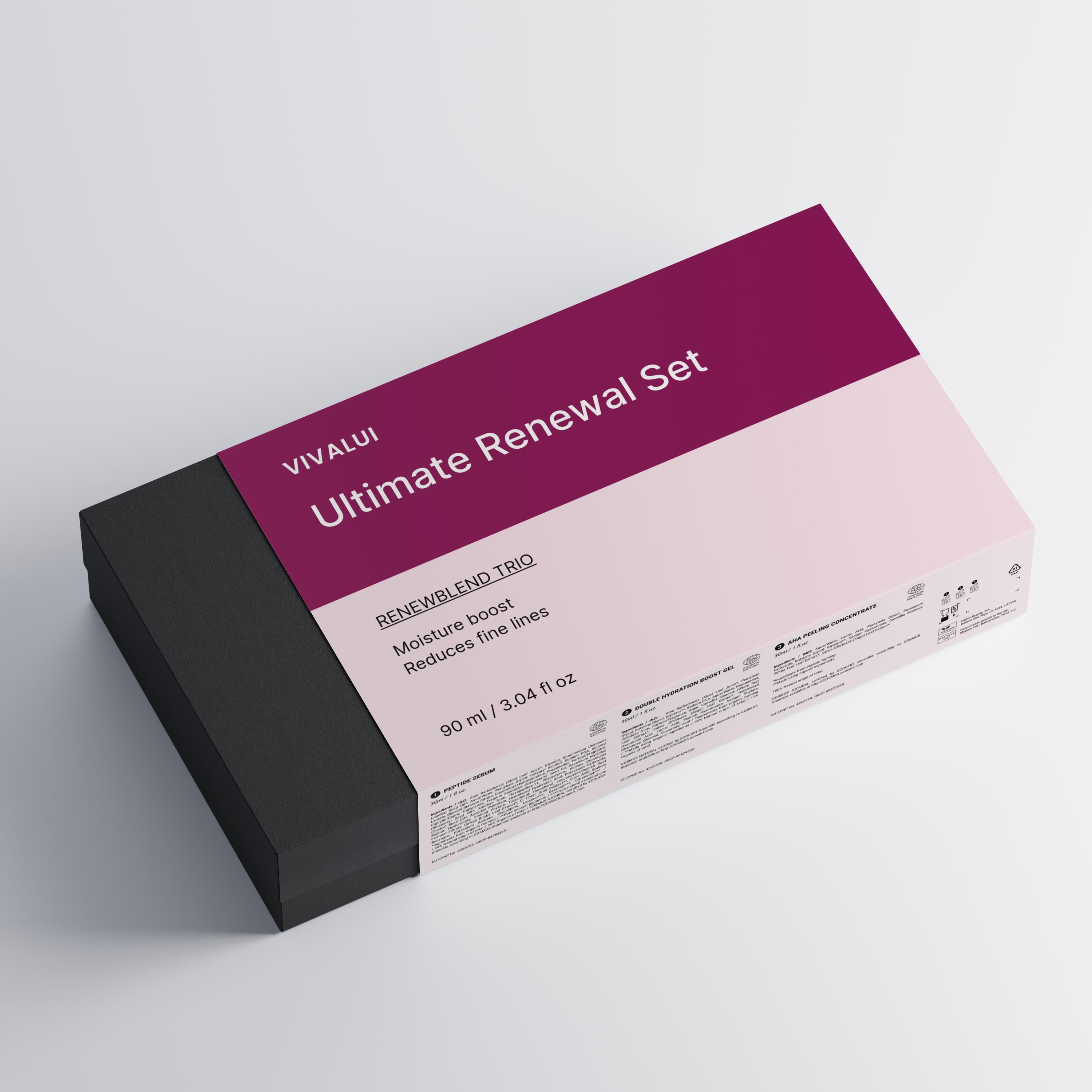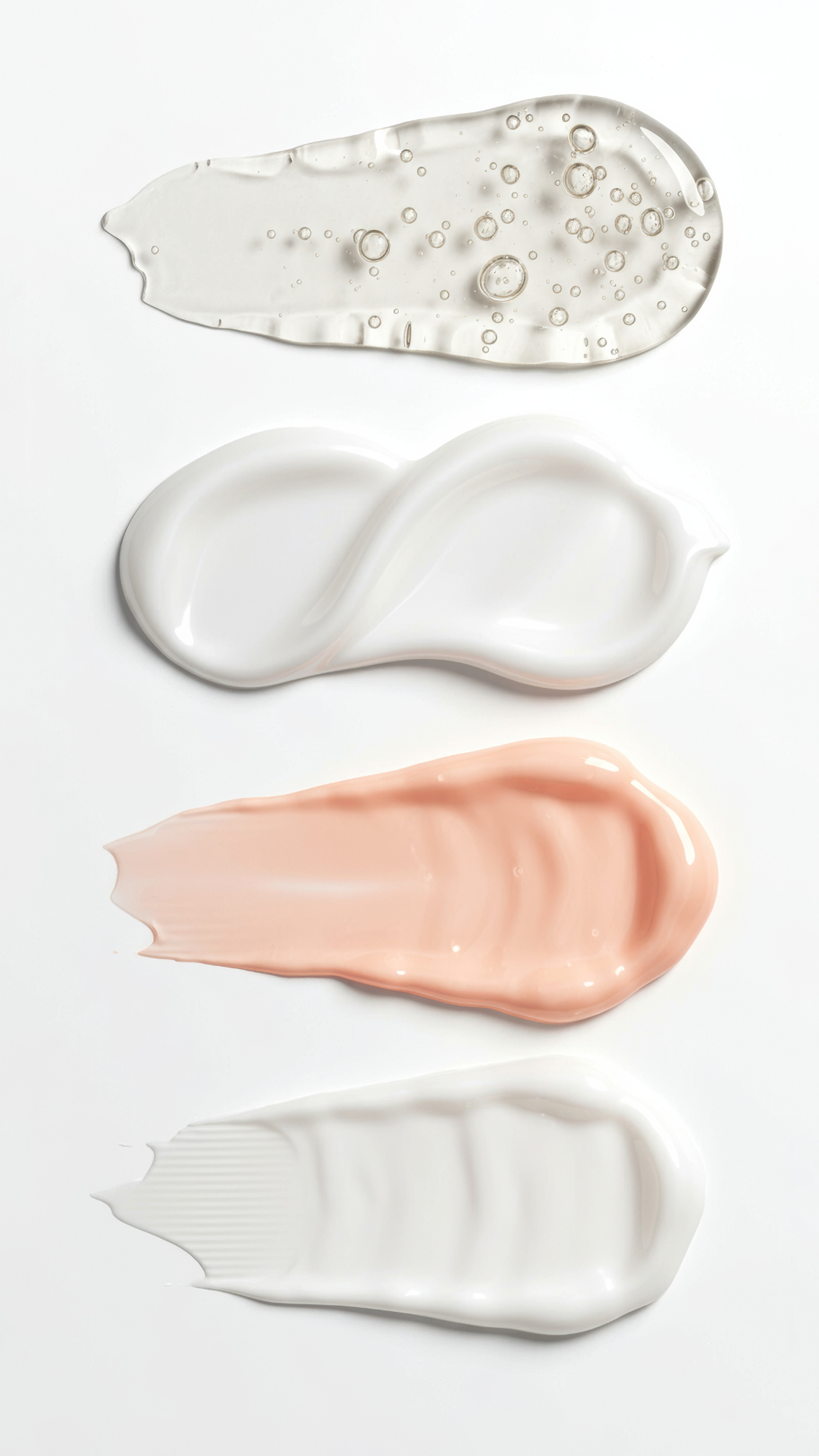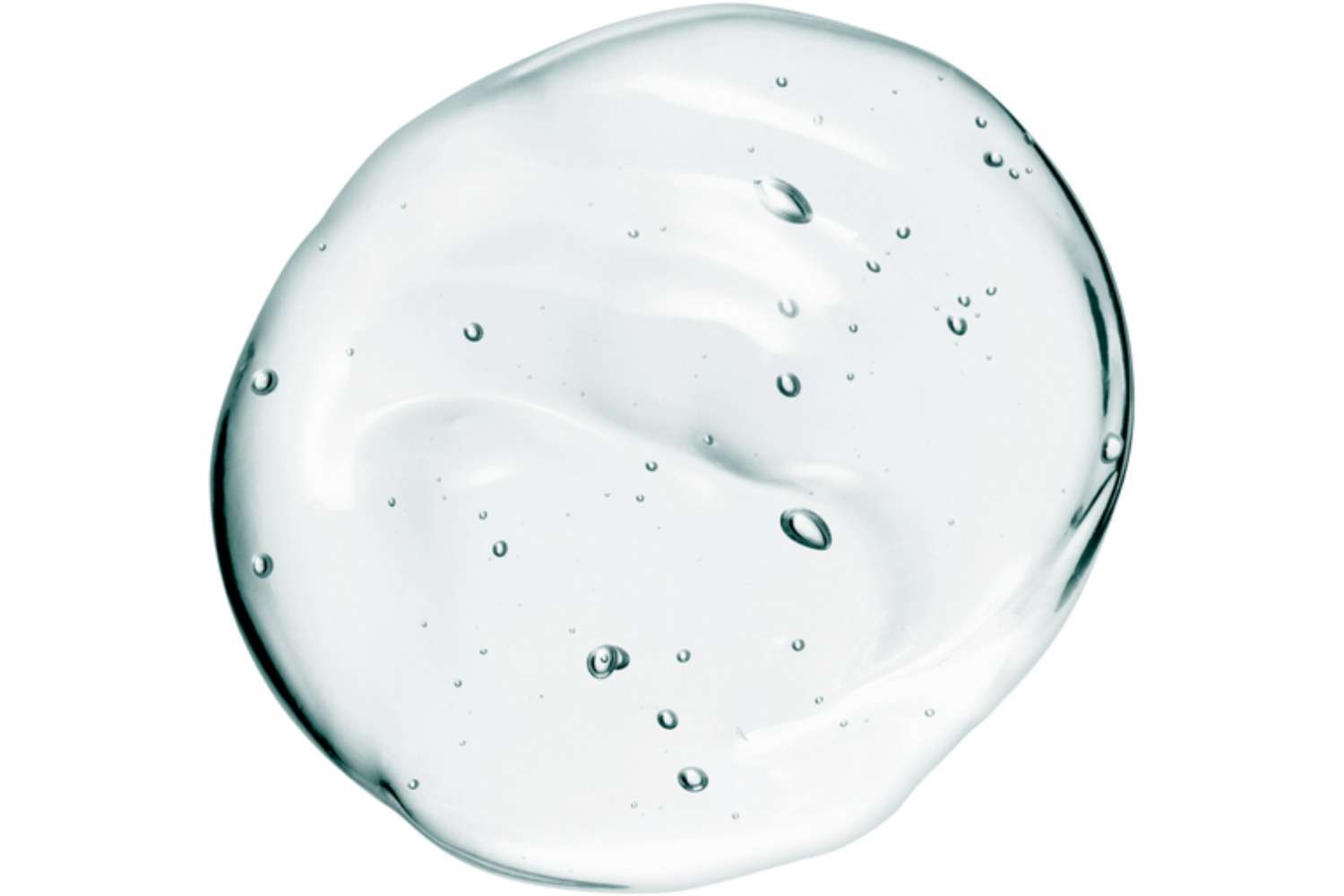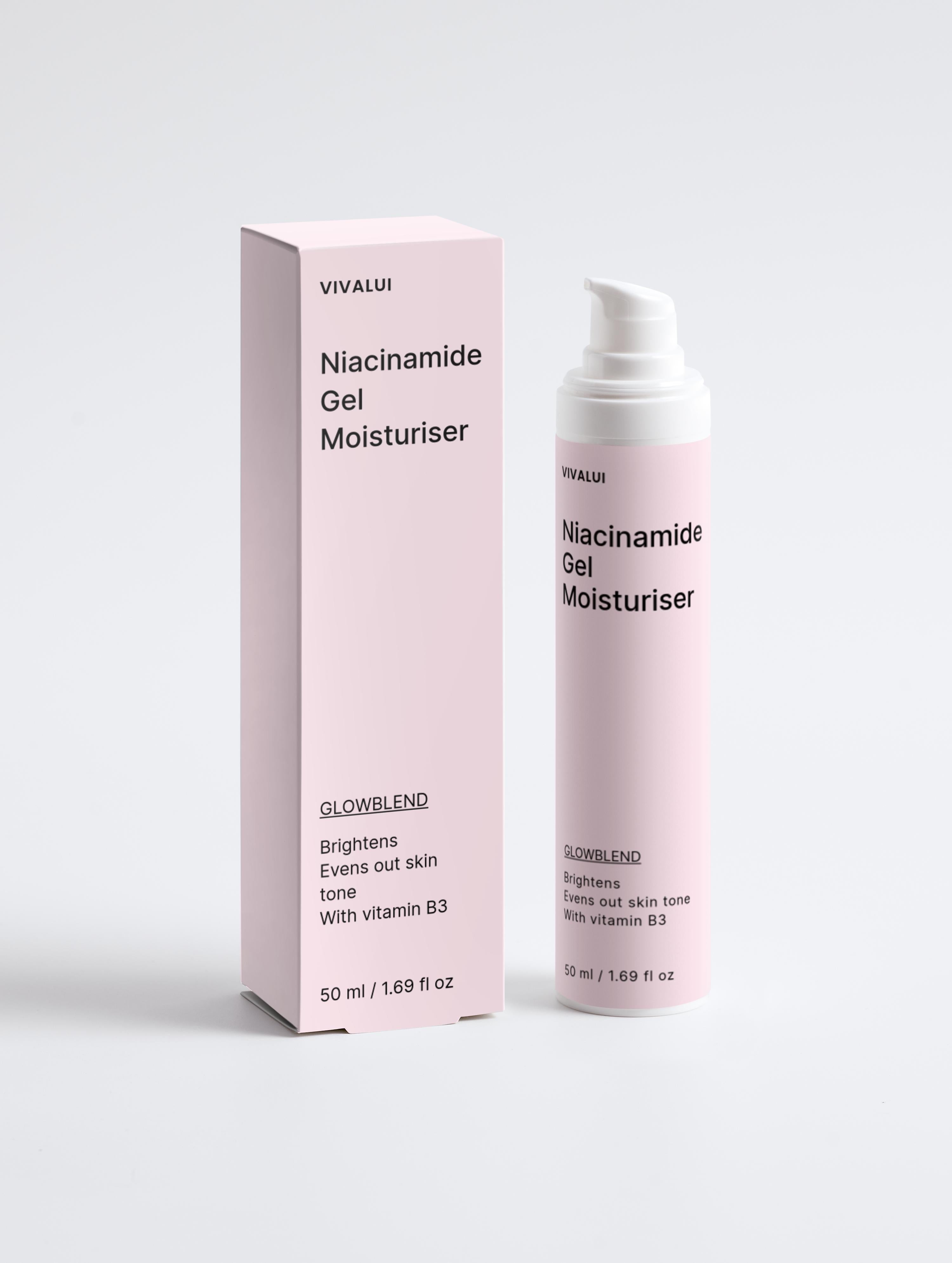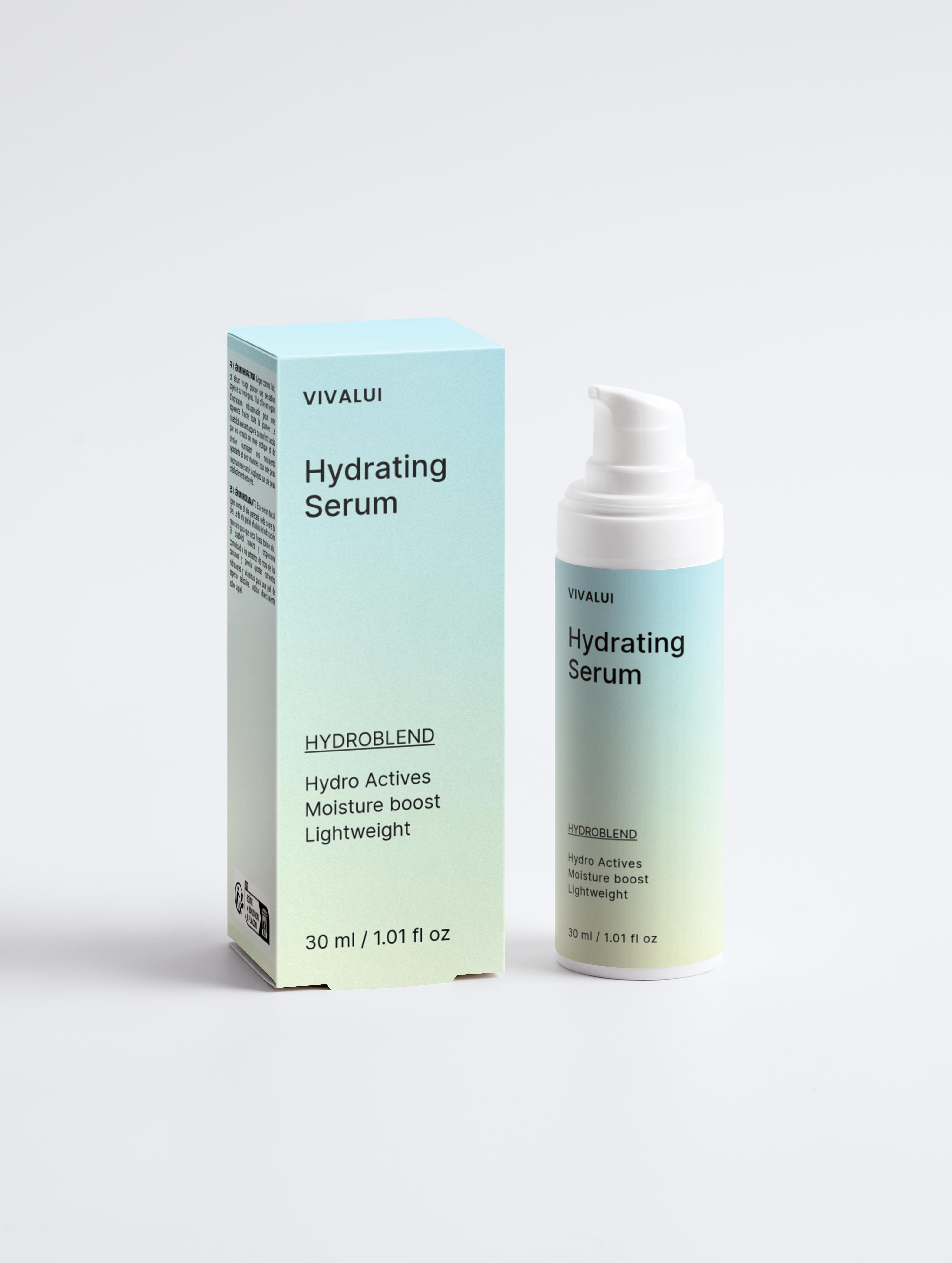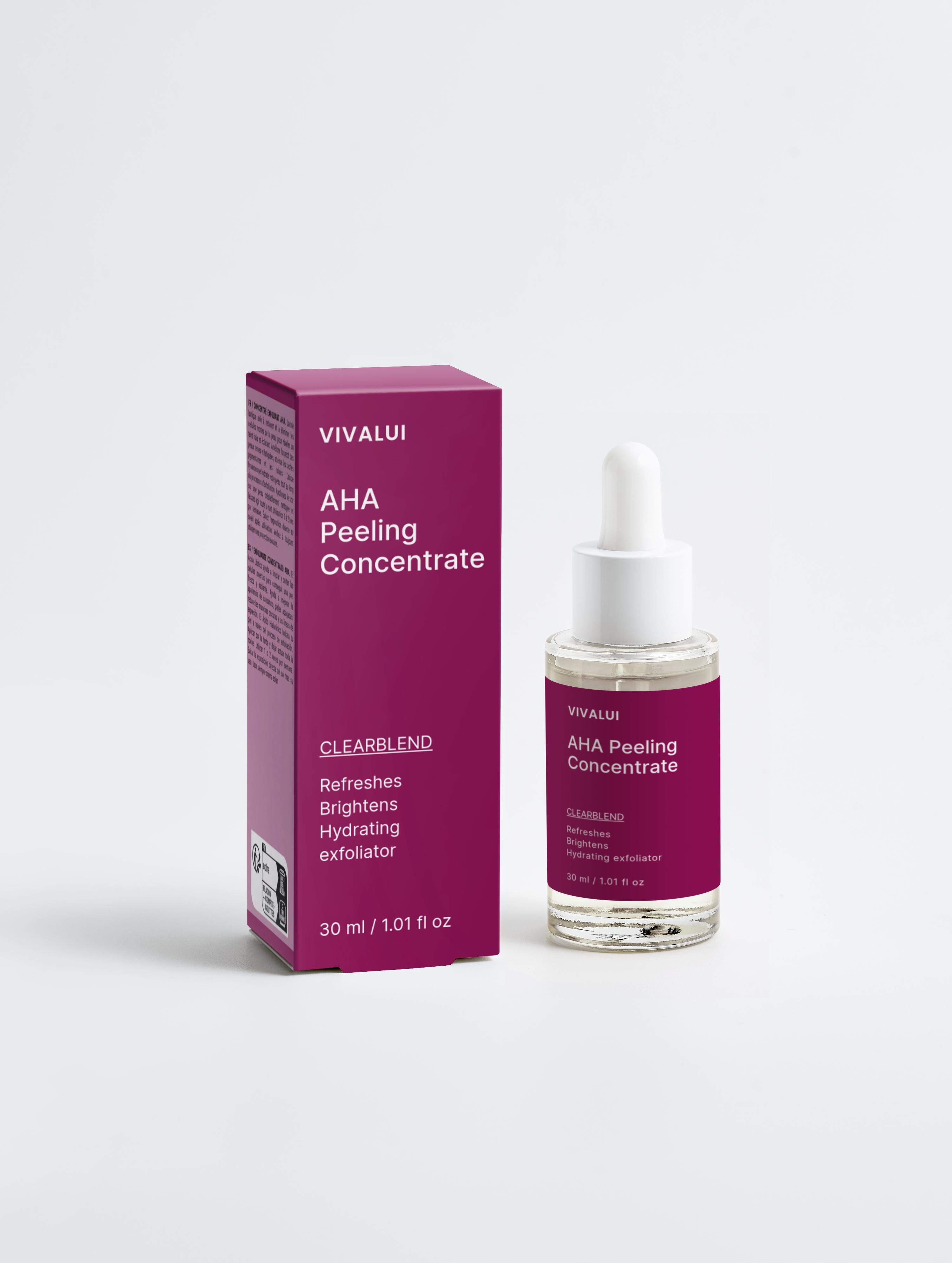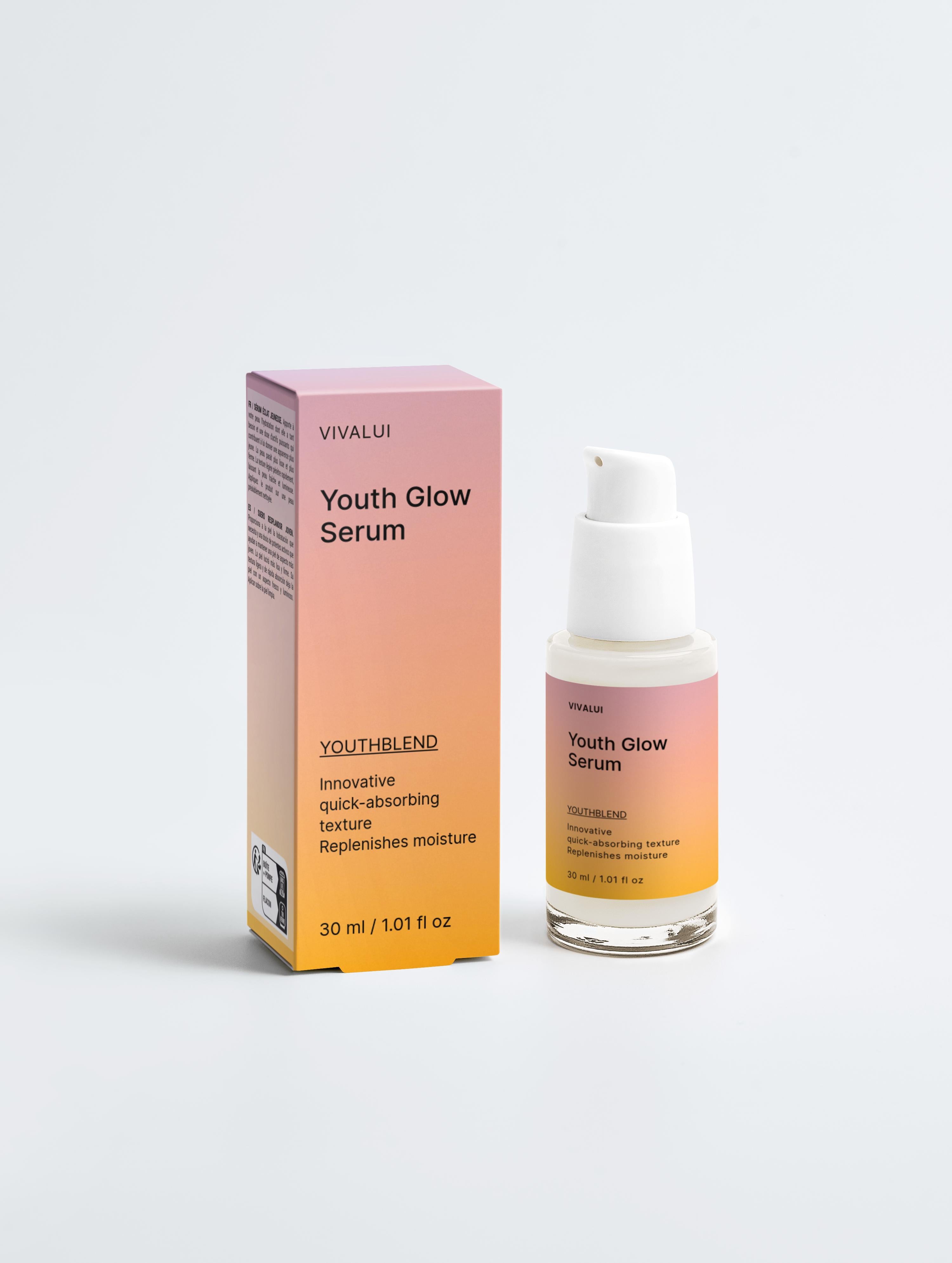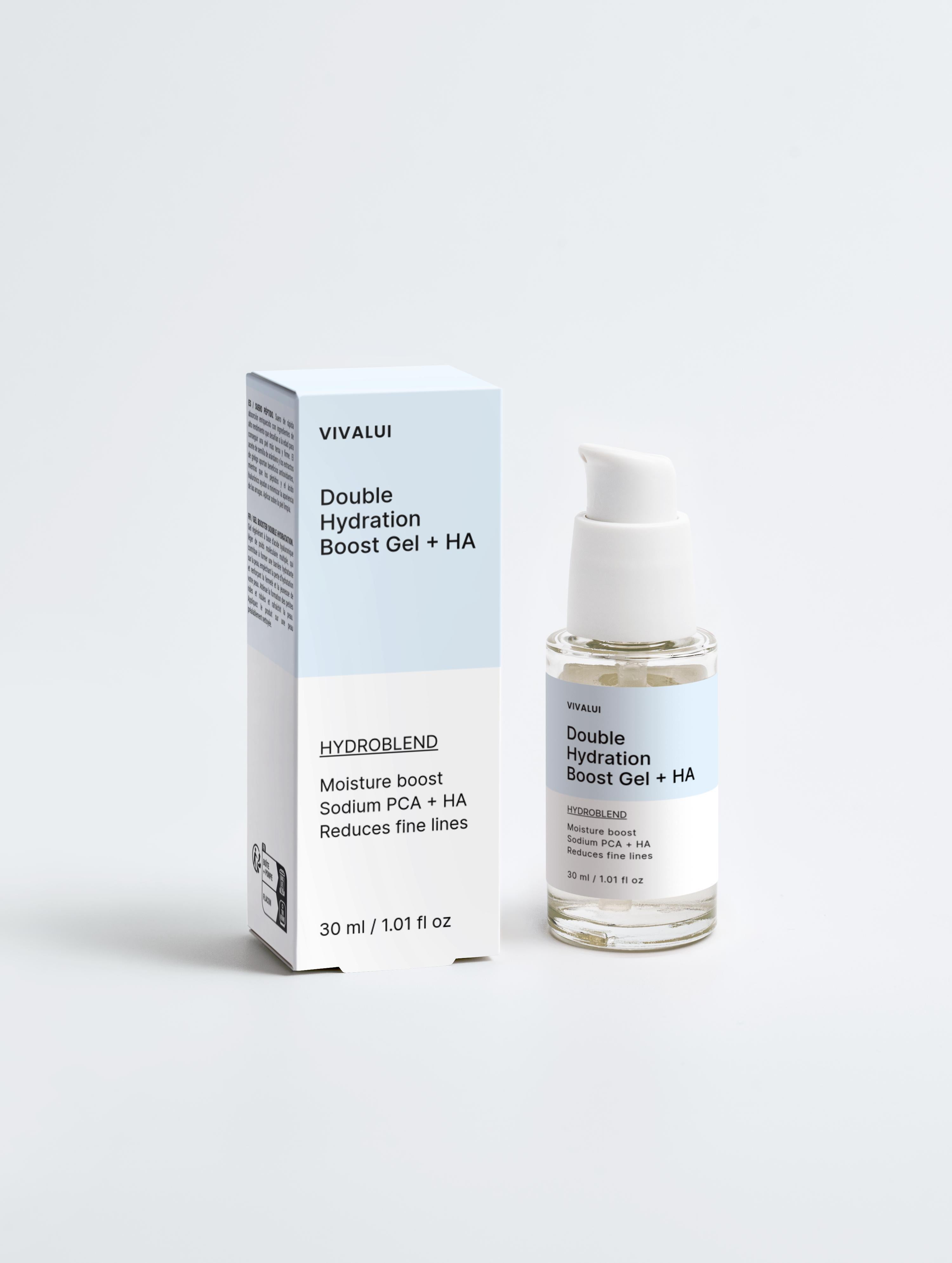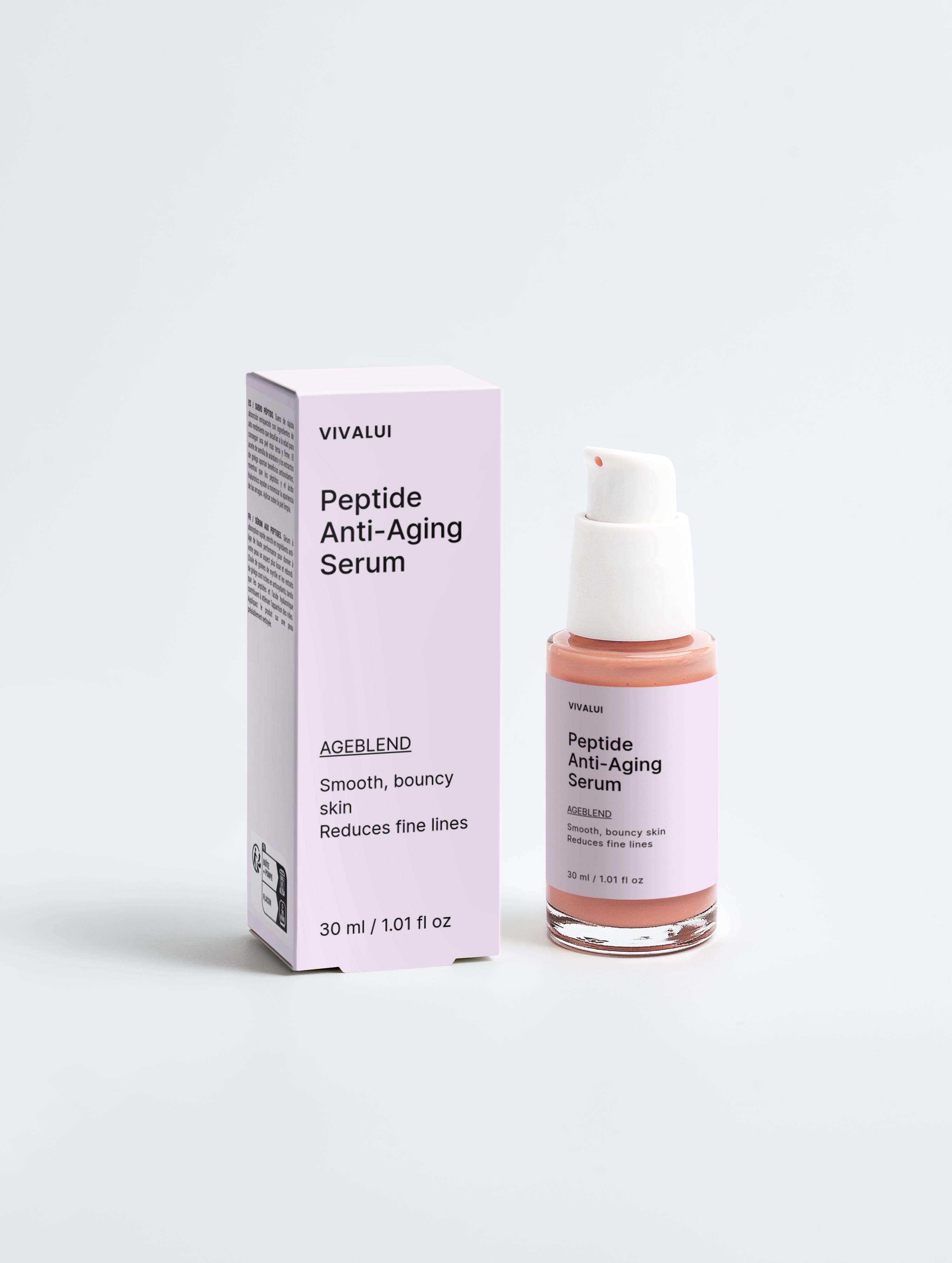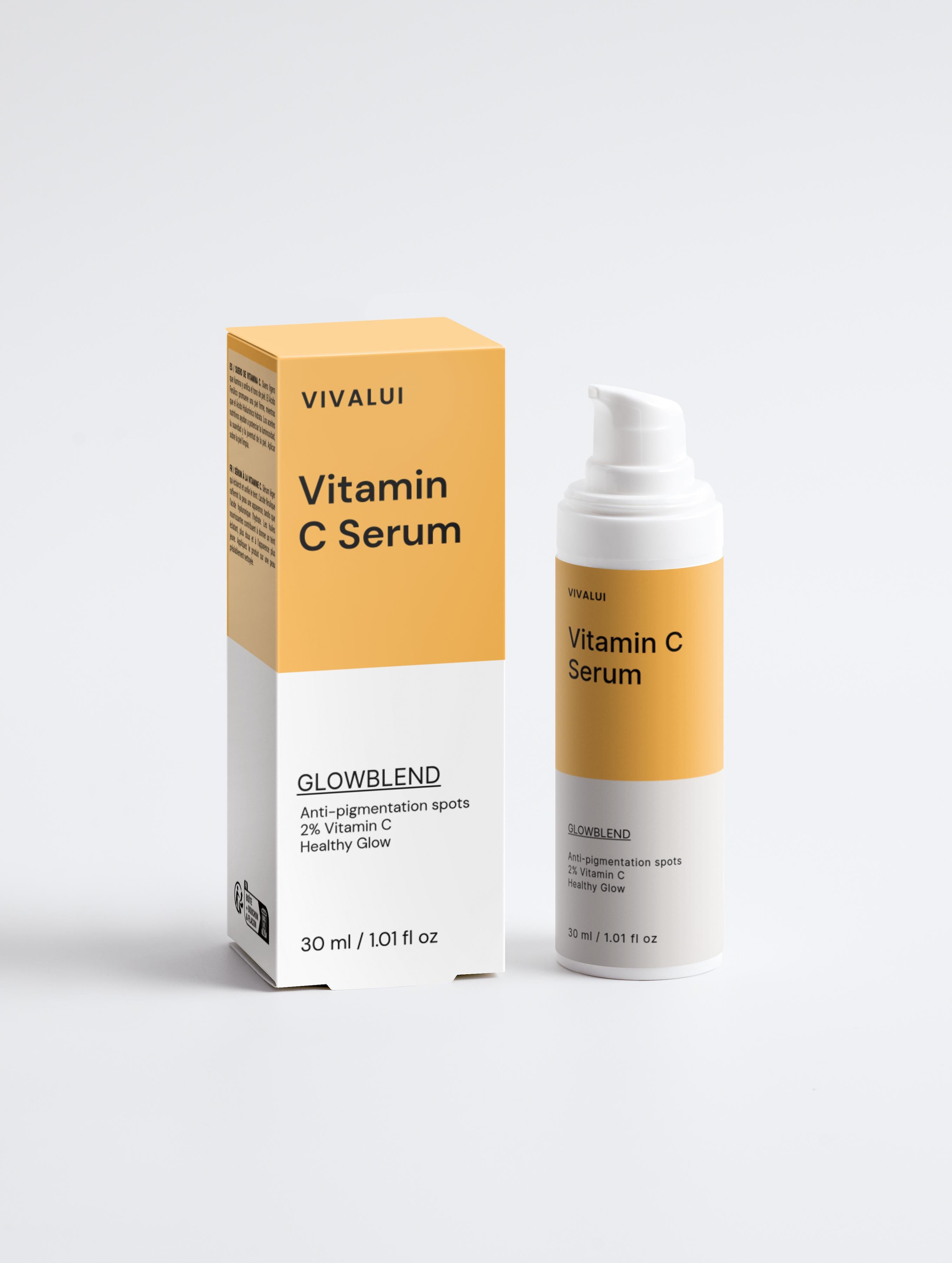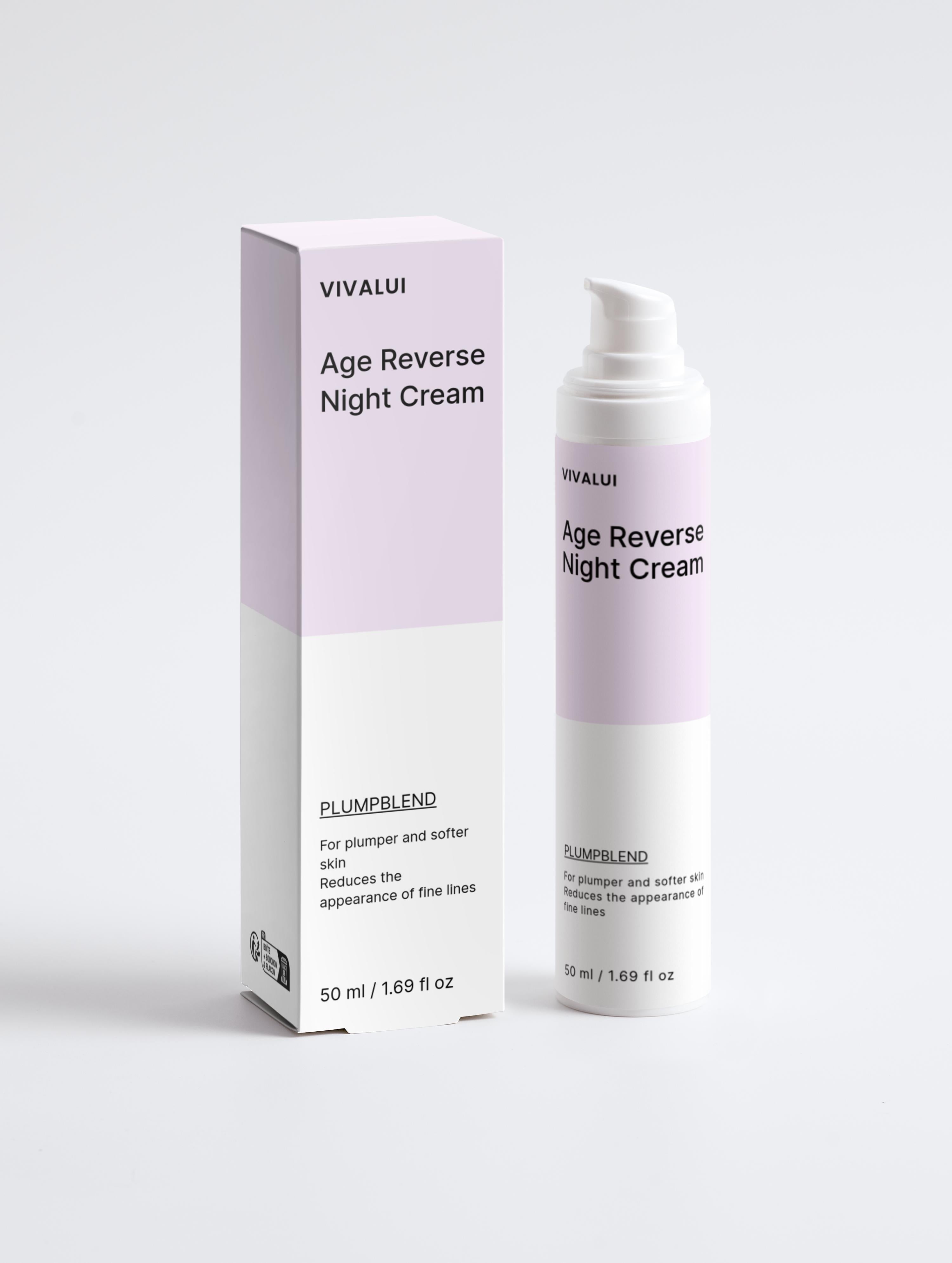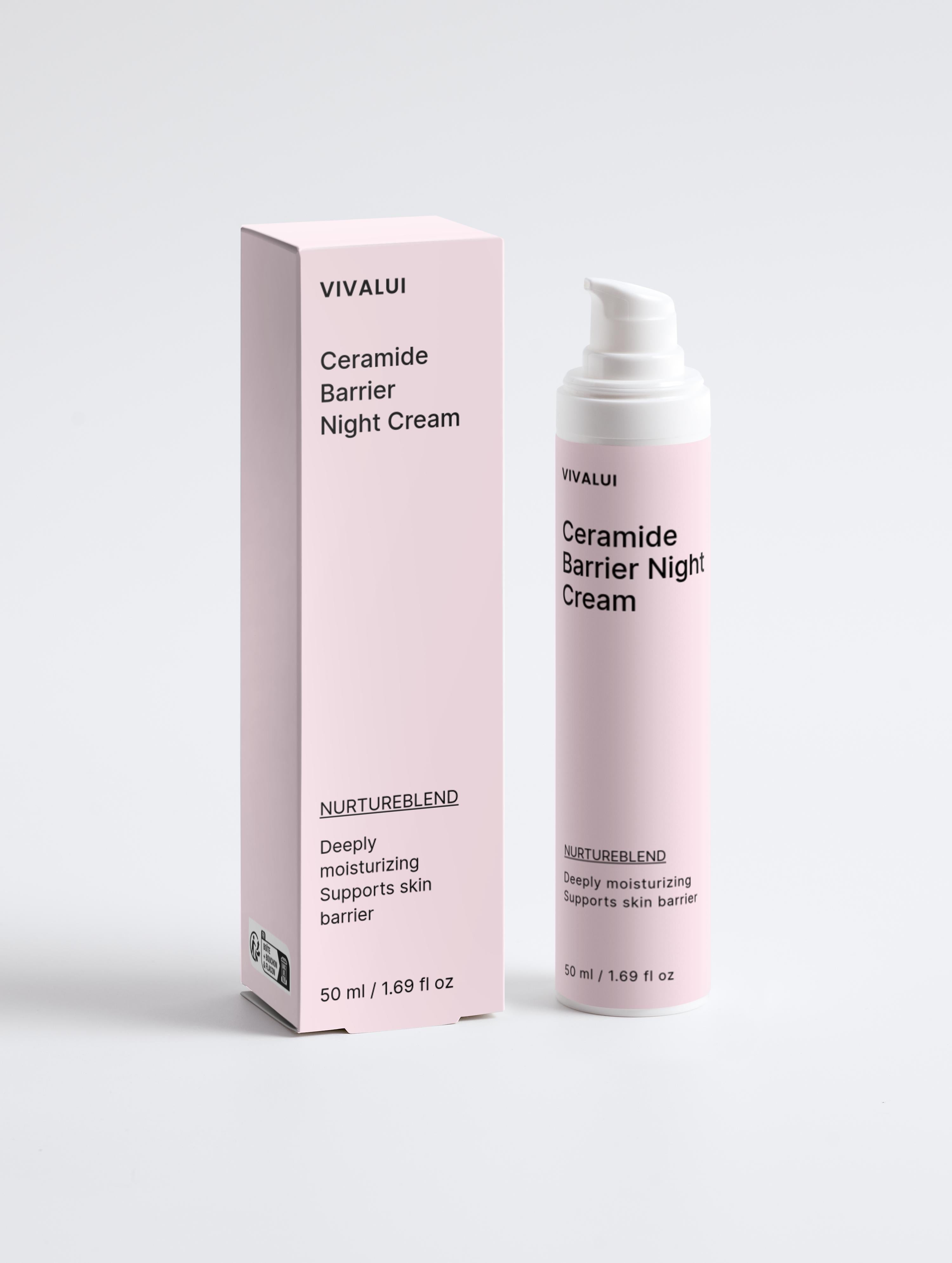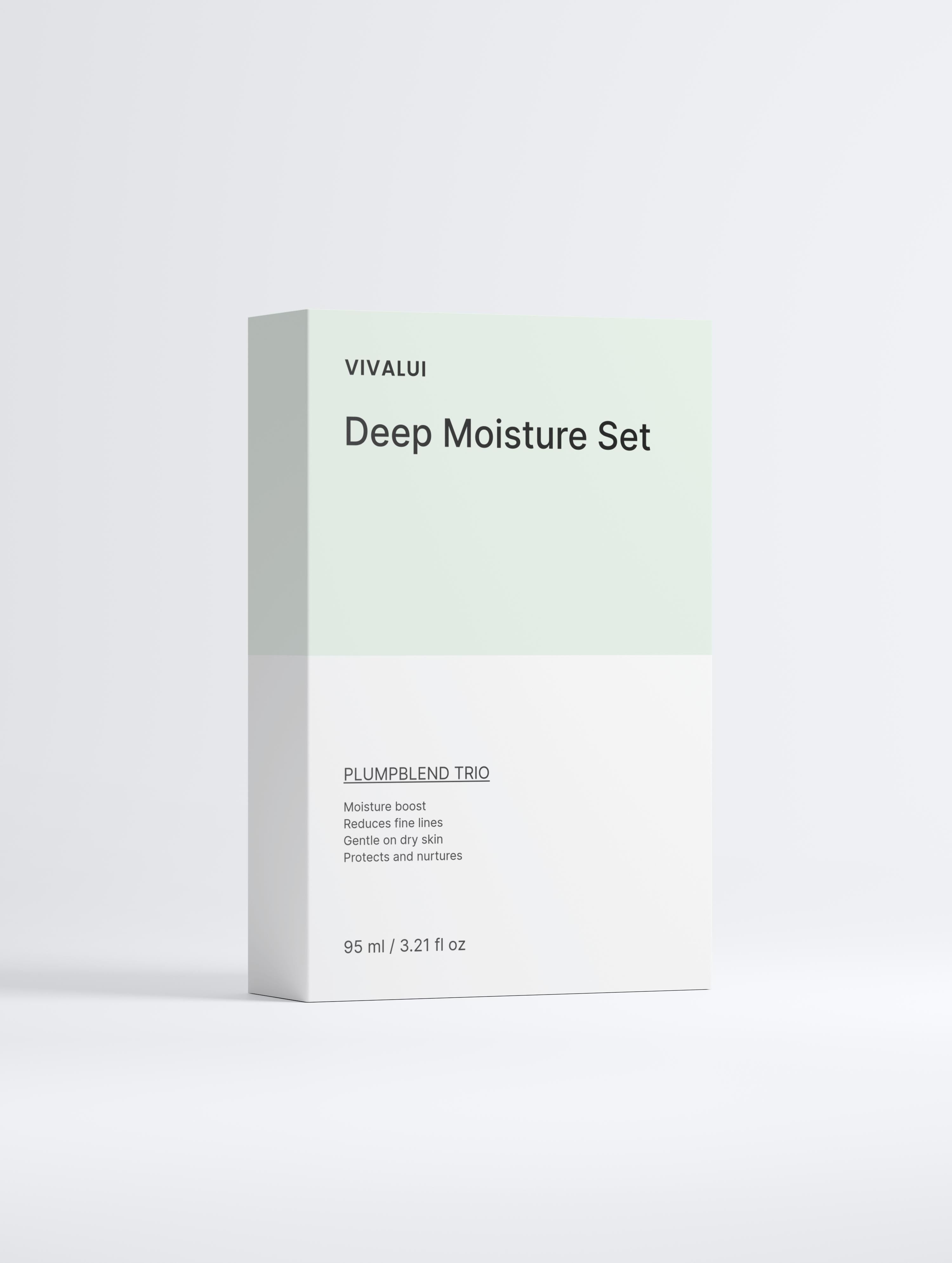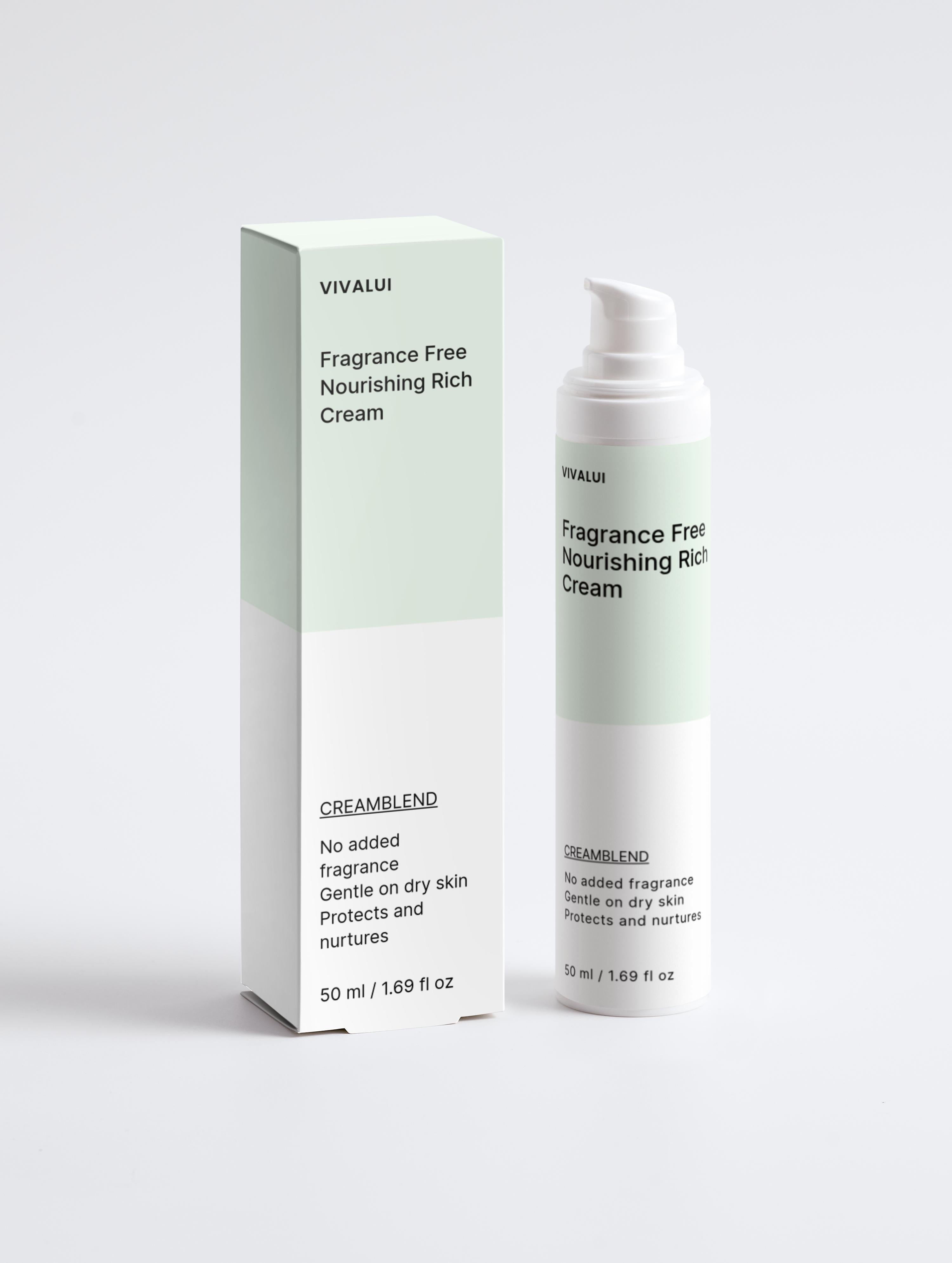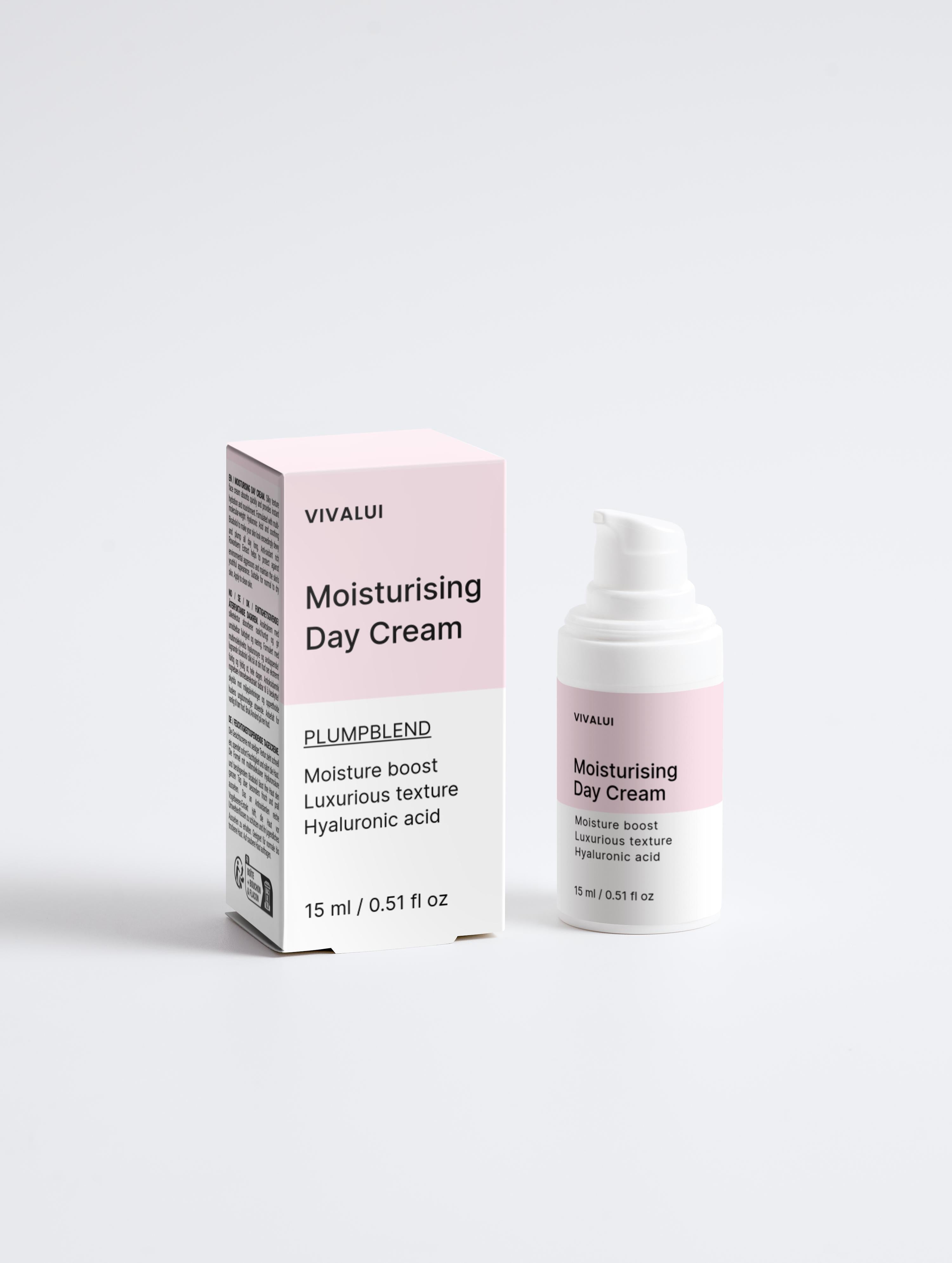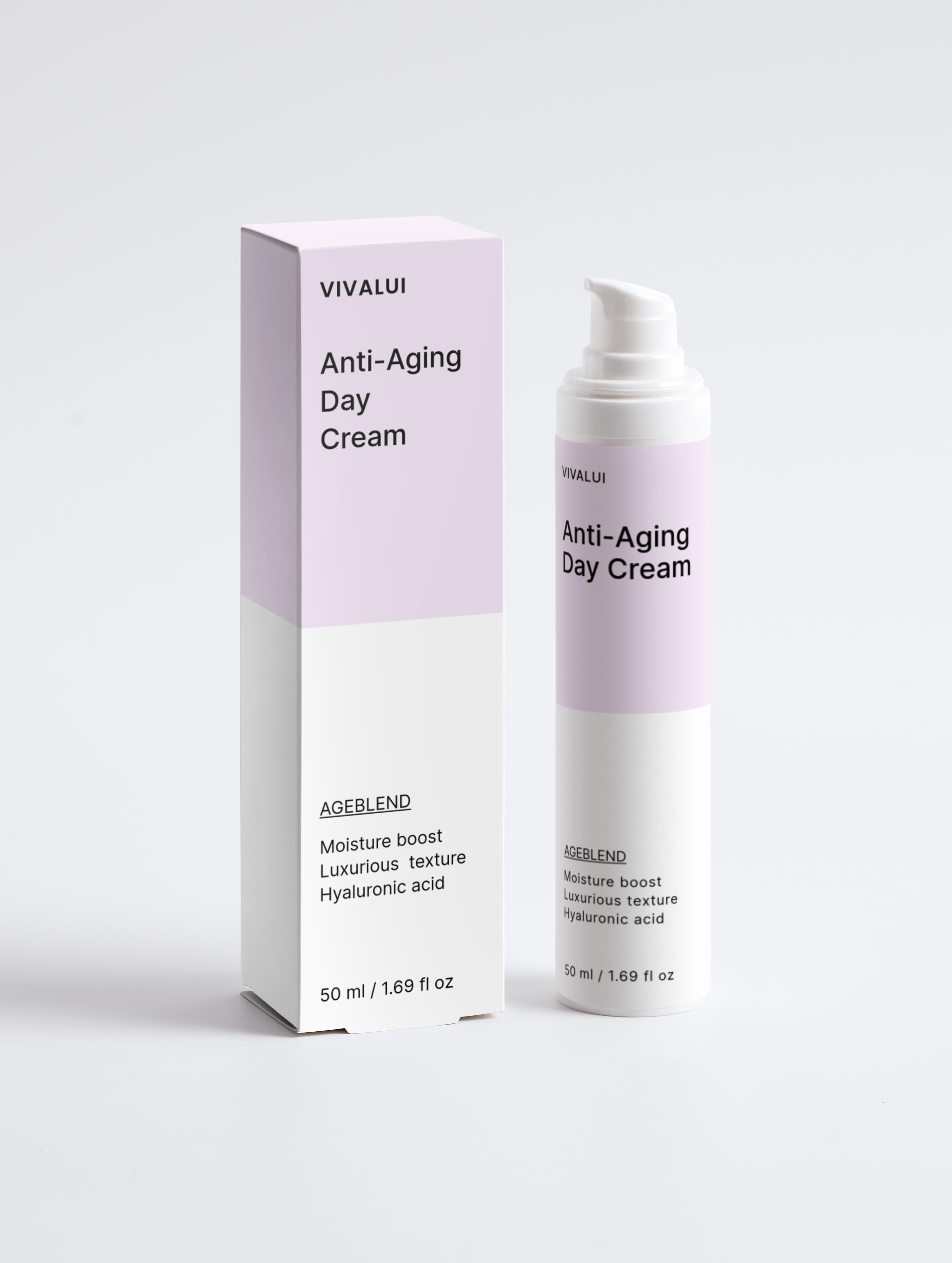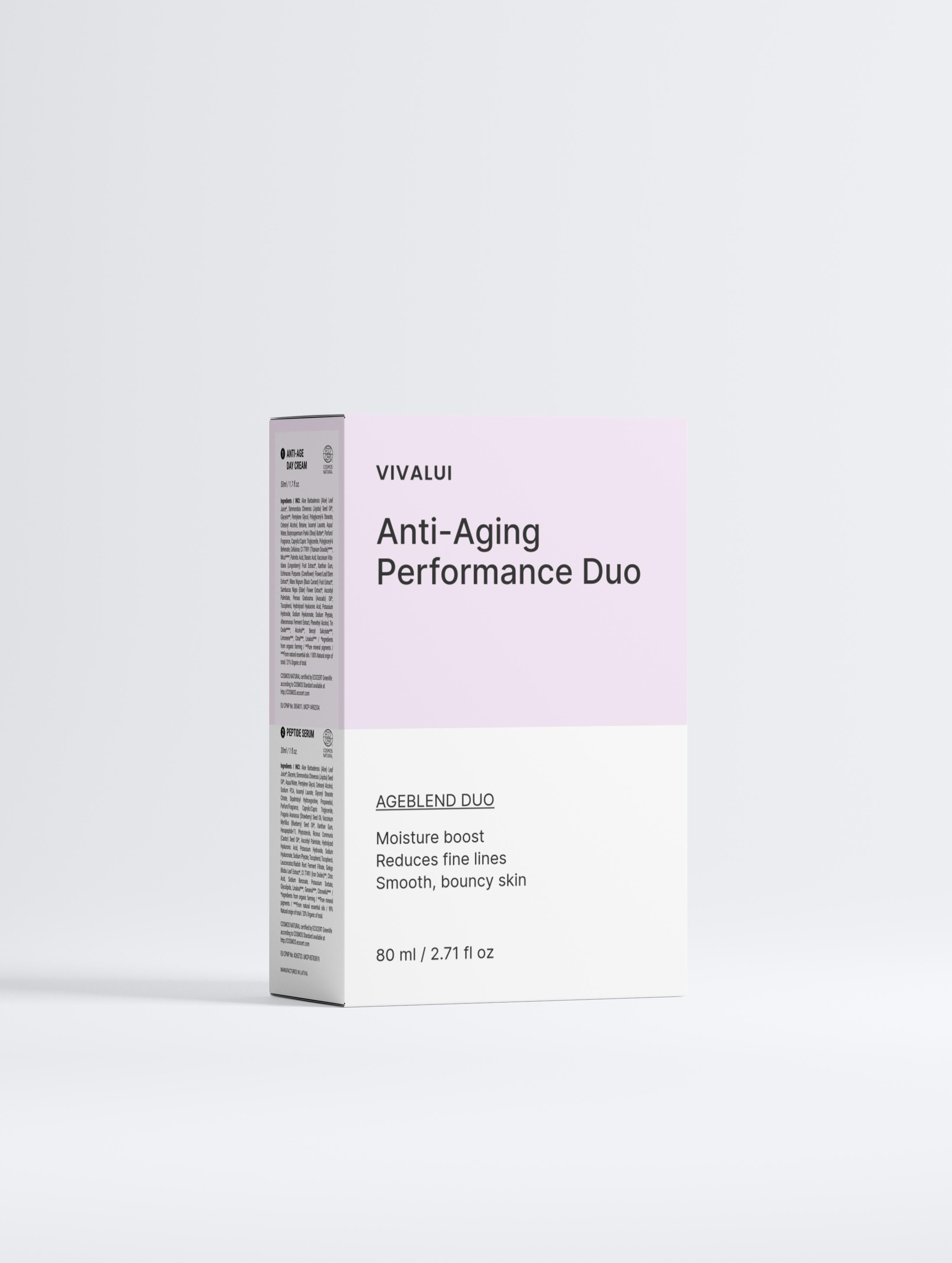What's the best serum for sensitive skin? When it comes to skincare, one size most certainly does not fit all. With a plethora of products on the market, navigating the aisles can be overwhelming, especially if you have sensitive skin.
The world of serums, with its lightweight formulas that promise potent results, can seem like a minefield for those with reactive complexions. But fear not, for there are gentle serums tailored just for you. Let’s dive into the realm of good face serums for sensitive skin to find that perfect match for you.

Understanding Sensitive Skin
First, it's essential to understand what sensitive skin truly means. Sensitive skin is characterized by redness, itching, burning, and dryness. It can be a result of genetics, environmental factors, or even products that strip the skin's natural barrier. Knowing the triggers and what to avoid is the first step towards picking the right serum.
Sensitive skin isn't just a term thrown around in the beauty world; it's a legitimate concern for many individuals worldwide. To treat it effectively, we must delve deeper into its intricacies.

Causes of Sensitive Skin
The causes of sensitive skin can be vast and varied. Some people are born with delicate skin, while others develop sensitivity over time.
- Genetics: Just like other traits, sensitive skin can run in families. If your parents or siblings have sensitive skin, there's a chance you might as well.
- Environmental Factors: Prolonged exposure to harsh climates—whether it's extreme cold, heat, or pollution—can weaken the skin's protective barrier, leading to sensitivity. This compromised skin barrier can't protect against irritants like it used to, causing redness, itchiness, or dryness.
- Lifestyle Habits: Overwashing the face, using alcohol-based products, or being too aggressive with skincare tools can strip the skin of its natural oils. This can disrupt the skin's pH balance, making it more vulnerable to irritants.
- Underlying Conditions: Some skin conditions, like rosacea, eczema, or dermatitis, can heighten skin sensitivity. These conditions can cause symptoms like redness, itching, and flaking, which are often exacerbated by certain products or ingredients.
Identifying Triggers
Understanding what triggers your sensitive skin is paramount. Common culprits include:
Fragrance: Even if it smells heavenly, fragrance is a leading cause of allergic reactions on the skin.
Dyes: Synthetic dyes can cause reactions, especially if they're not specifically designed for sensitive skin.
Harsh Chemicals: Ingredients like sulfates, which are often used in cleansers, can be too abrasive for sensitive skin.
Physical Symptoms
Sensitive skin can manifest in various ways, including:
Redness: Often, this is the first sign of a reaction. It can be widespread or localized to specific areas.
Itching: This is a clear indication that something is irritating the skin. Scratching can worsen the condition, potentially leading to breaks in the skin and infection.
Dryness or Flaking: Sensitive skin can often become dry or even flaky, especially after exposure to certain products.
Burning or Stinging: Upon applying a product, you might feel a burning or stinging sensation, which is a clear sign that the product isn't suitable for your skin type.
Building a Routine
When you have sensitive skin, less is more. It's always advisable to start with a basic skincare routine—cleanse, moisturize, and sunscreen—and then introduce other products gradually. Always prioritize products labeled for sensitive skin, hypoallergenic, or fragrance-free.
By understanding the nuances of sensitive skin, you can make informed decisions about the products you use and how to treat your skin with the gentleness it deserves.
Why Serums?
Unlike thicker creams and lotions, serums are formulated with smaller molecules that can penetrate the skin more deeply. They deliver a higher concentration of active ingredients, which means they can target specific skin issues like dryness, pigmentation, or fine lines more effectively. The trick for sensitive skin, however, is to find serums that deliver these results without causing irritation.
Key Ingredients to Look For
- Hyaluronic Acid: A hydration powerhouse, hyaluronic acid is known for its ability to retain up to 1,000 times its weight in water. It’s a naturally occurring substance in our skin, which means it’s typically well-tolerated even by the most sensitive types.
- Niacinamide: This form of vitamin B3 can help build proteins in the skin, lock in moisture, and protect against environmental damage. It also reduces inflammation, making it perfect for those with sensitive skin.
- Peptides: These amino acid chains can boost collagen production, leading to firmer, younger-looking skin. They are gentle and often used in formulations for sensitive or aging skin.
- Centella Asiatica: Also known as 'cica' or 'tiger grass', this plant extract is known for its soothing properties. It’s great for calming inflammation and reducing redness.
- Vitamin E: A natural antioxidant, vitamin E helps protect the skin against environmental aggressors like pollution and UV rays. It’s also intensely moisturizing and helps to strengthen the skin's natural barrier.
Ingredients to Avoid
Sensitive skin types should be wary of certain ingredients that might exacerbate irritation. These include:
- Alcohol: It can be drying and irritating to sensitive skin, stripping it of its natural oils.
- Fragrance: Synthetic fragrances can be a major irritant for sensitive skin. Always opt for fragrance-free or naturally scented products.
- Harsh exfoliants: Ingredients like glycolic acid can be too strong for sensitive skin. Instead, opt for gentler exfoliants like lactic acid or avoid them altogether.
Tips for Testing and Application
- Patch Test: Before committing to a full face application, always patch-test a new serum on a small area of your skin (like behind the ear) to ensure there’s no reaction.
- Less is More: With serums, a little goes a long way. Start with a few drops and gently pat it into your skin. You can always add more if needed.
- Consistency: To see results, consistency is key. Apply your serum daily, either in the morning or evening, depending on its ingredients and your routine.
What's the best serum for sensitive skin?
Several brands have recognized the need for gentle, effective serums tailored for sensitive skin. Some popular good face serums for sensitive skin include:
- Vivalui’s C Clearer Glowblend Dark Spot Brightening Serum is a wonderful serum that is quenching and hydrating for the skin. Ideal for acne-prone and sensitive skin types, it is affordable as it is effective.
- The Ordinary’s Hyaluronic Acid 2% + B5: This affordable serum is pure hydration without any added fragrances or irritants.
- La Roche-Posay Rosaliac AR Intense: Specifically formulated for sensitive skin, this serum reduces redness and soothes irritated skin.
- First Aid Beauty Ultra Repair Hydrating Serum: With a cocktail of peptides, collagen, and hyaluronic acid, it’s a hydration boost without the risk of irritation.
Sensitive skin needn’t be a barrier to enjoying the benefits of serums. By understanding your skin and its needs, reading ingredient lists, and testing before full application, you can find the gentle serum that's perfect for you. Remember, the journey to glowing, healthy skin is personal, so take your time and find your ideal match. Your skin will thank you.

